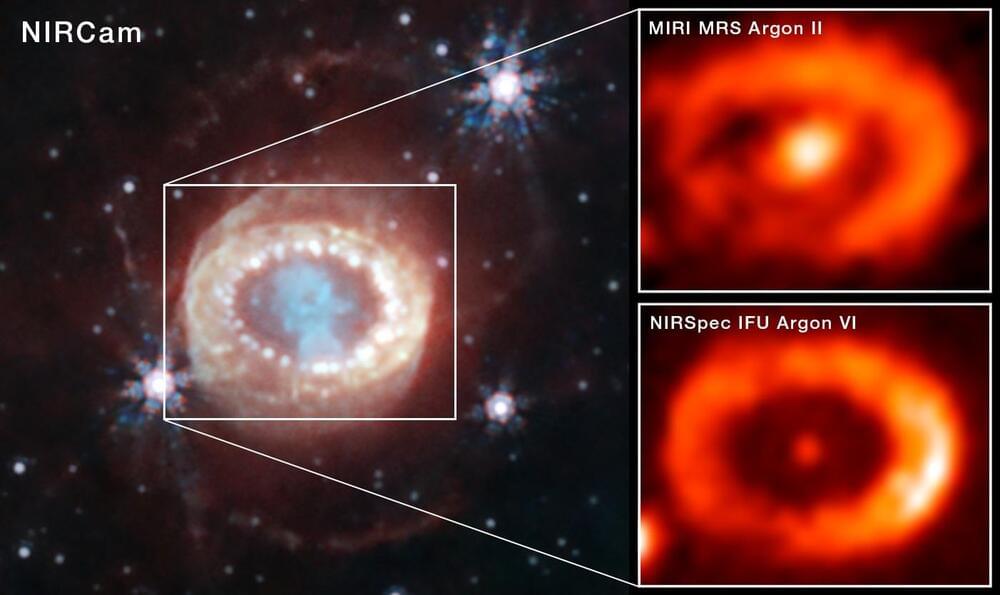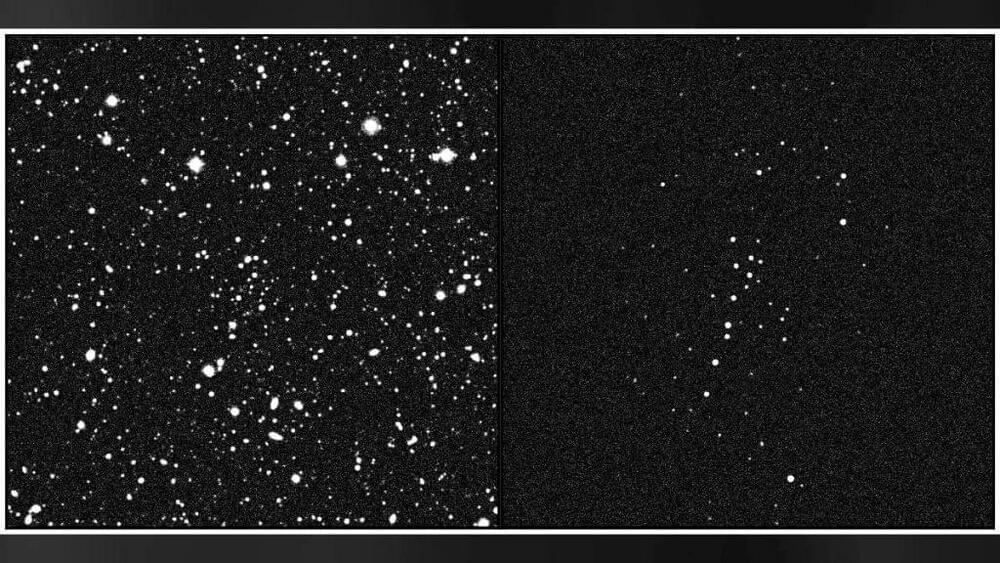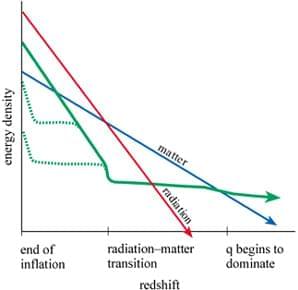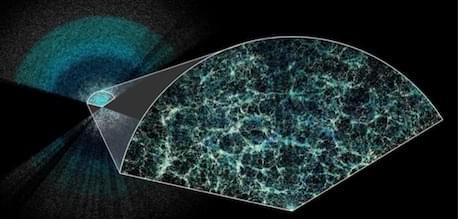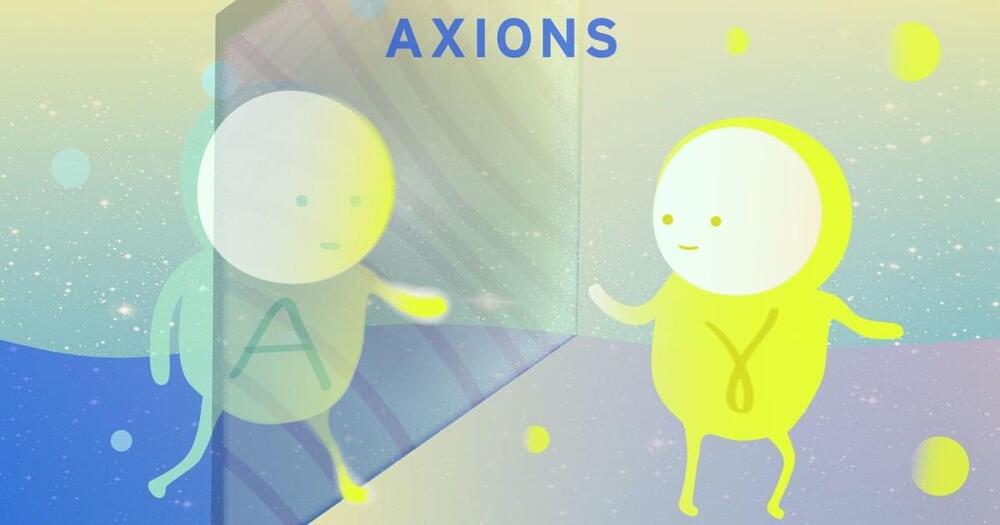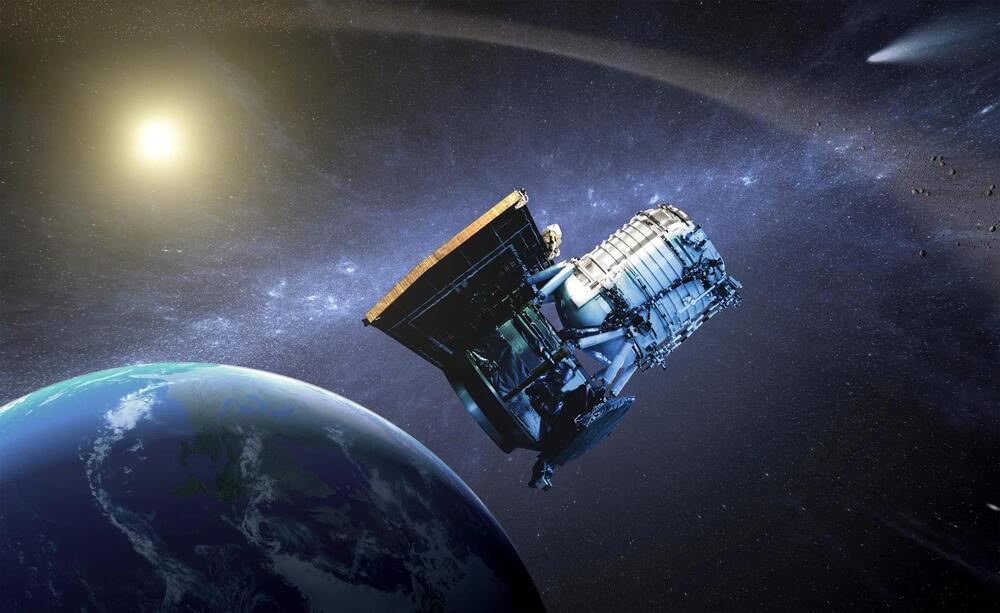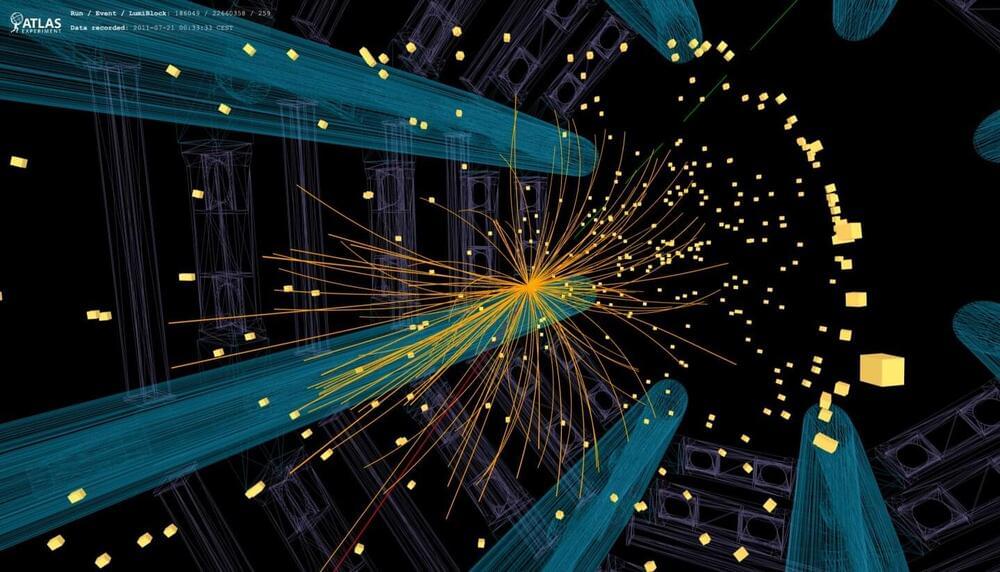Apr 12, 2024
Webb Telescope Uncovers Neutron Star Hidden in Supernova Debris
Posted by Saúl Morales Rodriguéz in category: cosmology
Astronomers detect long-sought compact object within the remnant of Supernova 1987A In February 1987, the closest supernova to Earth in almost 400 years exploded onto the scene. Designated Supernova 1987A (SN 1987A), it resulted from the death of a massive star in the Large Magellanic Cloud, a dwarf galaxy 160,000 light-years away. In the decades since, its remnant has been studied by telescopes at all wavelengths of light from X-rays to radio. Yet despite all the scrutiny, one mystery has remained.
